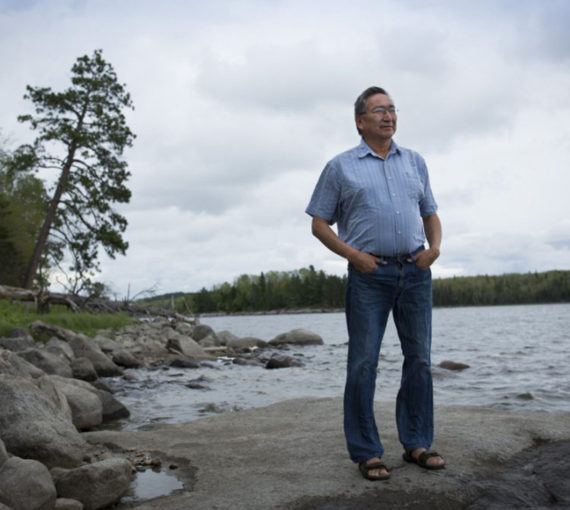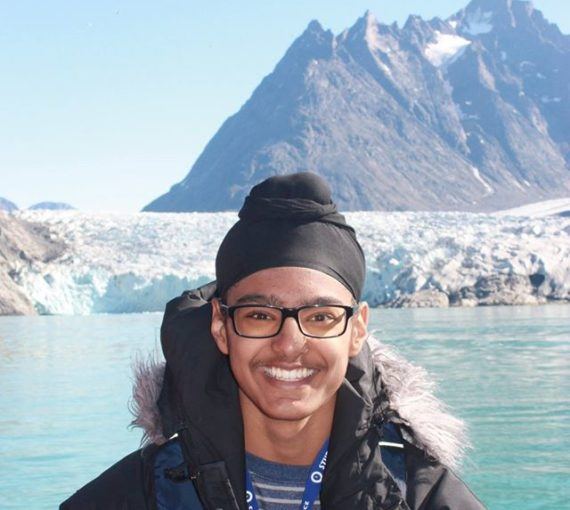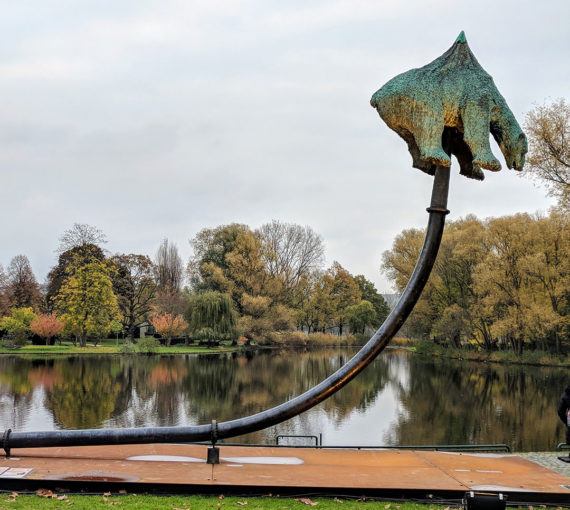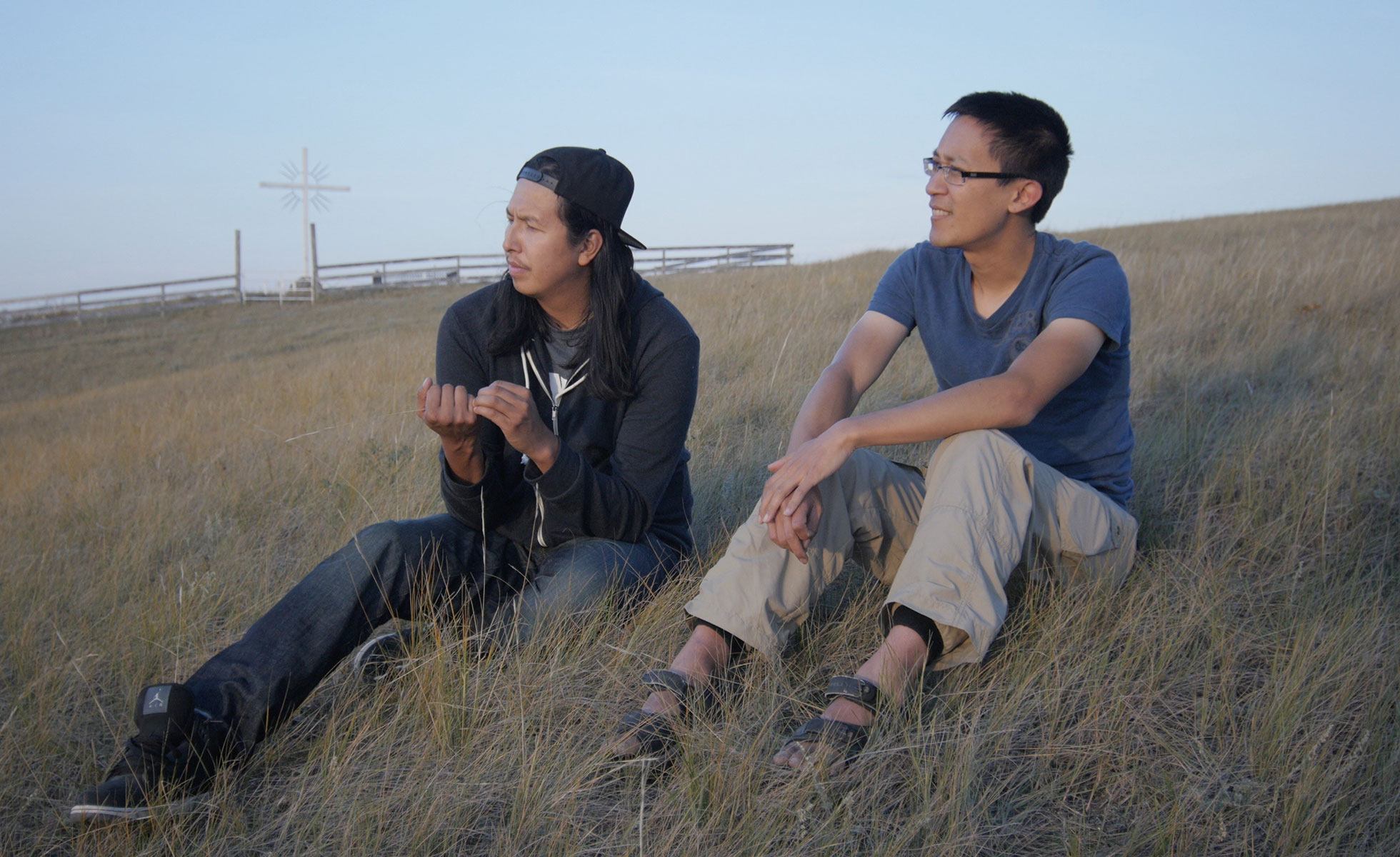
Filmmakers Cowboy Smithx and Chris Hsiung.
A year ago, the David Suzuki Foundation published a Sustainable Diversity report based on our work to reach “beyond the choir”. After that, 45 people from all walks of life came together to discuss the report’s key findings and to strategize about next steps.
As a result of this initial gathering, 11 people came together to form the Sustainable Diversity Network. Its mandate was described as follows:
Our goal is to mix cultural inclusiveness with environmental stewardship. We aim to advance our understanding of sustainability and expand the environmental movement by celebrating voices and stories that are often unheard or unacknowledged.
We believe by connecting all Canadians with Indigenous people, we can learn about each other and share wisdom, history and stories about nature. We recognize that wherever our ancestors came from, we are all one in Canada for our love of the natural environment and our commitment to make it better for each generation.
By connecting all Canadians with Indigenous people, we can learn about each other and share wisdom, history and stories about nature.
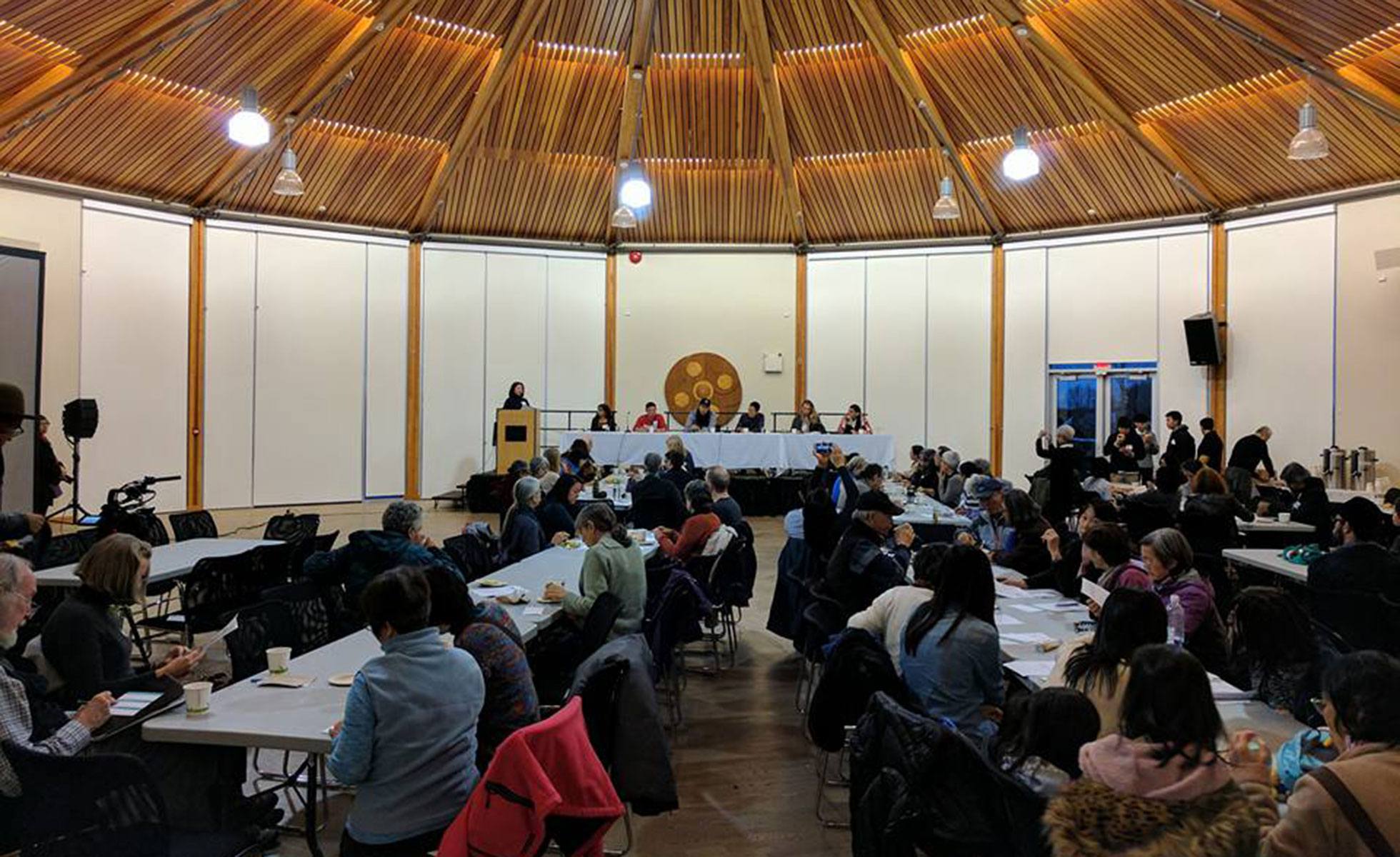
On November 19, 2016, 150 people showed their support for the Sustainable Diversity Network at the Musqueam Cultural Pavilion.
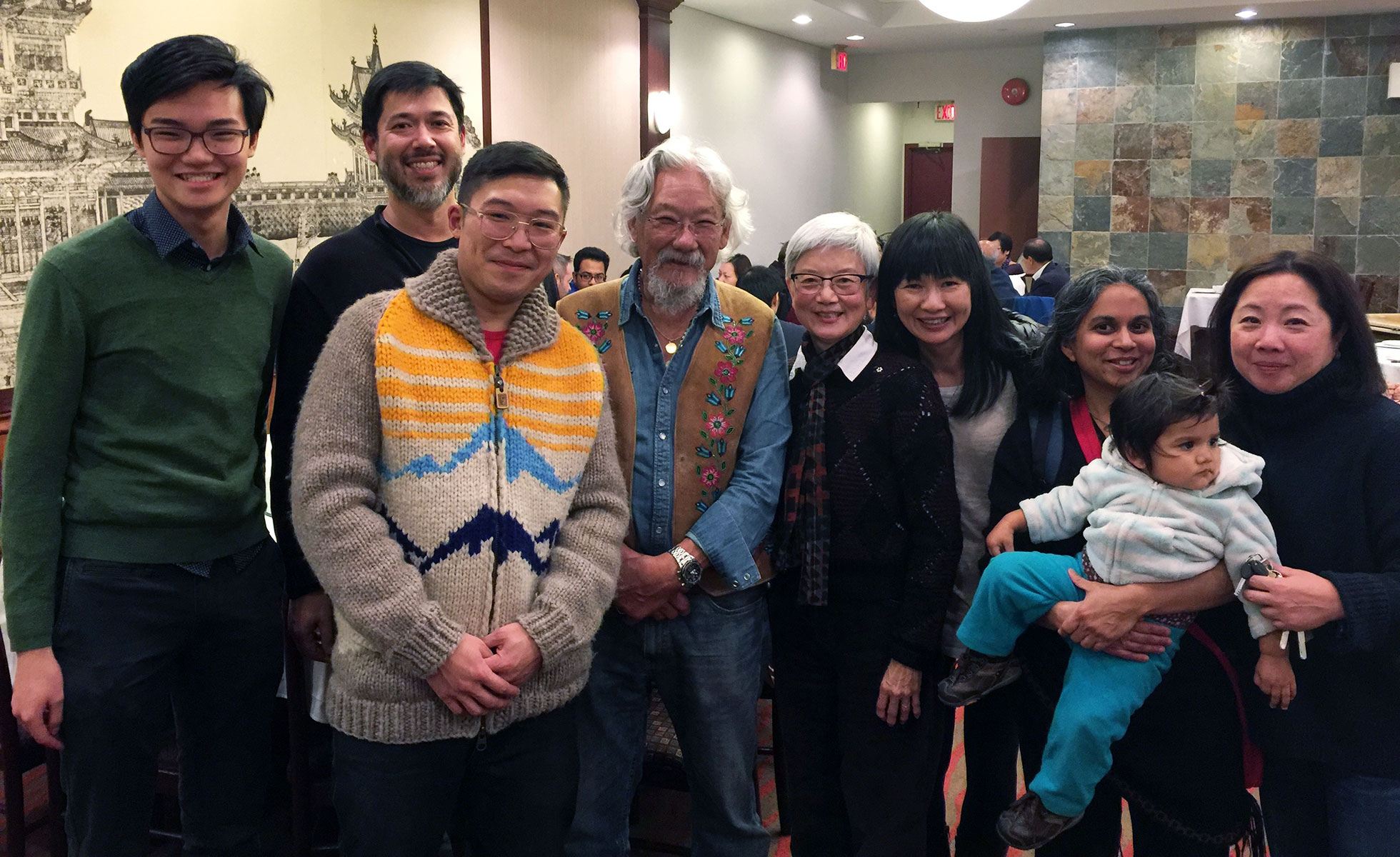
Members of the Sustainable Diversity Network with David Suzuki.
On November 19, 2016, 150 people came to the Musqueam Cultural Pavilion to share their support for the Sustainable Diversity Network. Many also signed on to be a part of this network and help it grow in the years to come.
We showed the award-winning documentary Elder in the Making, which was met with a standing ovation for filmmaker Chris Hsiung and Blackfoot filmmaker Cowboy Smithx. That was followed by a heartwarming and information-packed panel discussion, during which network members and supporters confirmed that we are on the right track and have a solid foundation to move forward.
Panellists shared their thoughts about First Nations treaties and their impact on people.
- Chris Hsiung: “A treaty should be much more than a paper contract. It should be a commitment of as long as the sun shines, grass grows and river flows.”
- Debra Sparrow (Musqueam Nation): “Laws that are created to diminish a people are not laws — they are framework for a crime.”
- Eugene Kung (SDN member and lawyer): “We have been fighting the same fights over and over…our Canadian courts must go under their own process of decolonization. Wins can happen with Indigenous leadership and thousands of supporters.”
- Anu Rao (SDN member and Marine Biologist): “As Canadians, we tend to be passive. We need to hold our leaders accountable.”
- Zoe Craig (Musqueam Nation): “Unceded does not mean the land is up for debate. If the land is truly unceded, then give it back.”
- Cowboy Smithx: “Treaty 7 and other [treaties] were not made with men; they were made between men and the earth…At this moment, we should consider we are the ancestors of people we will never meet — take this responsibility as something to be excited about as we are doing the work for many generations to come.”
And from the audience:
- “An insightful journey into the blanket ceremony of Turtle Island. Giving respect to all my relations. We are all one.”
- “We need to respect traditional and cultural practices as they teach us how to take care of this land.”
- “This is a beautiful film. It made me cry and I hope every young person can see it.”
- “I was struck by the insightfulness and eloquent wisdom and deep values of the Blackfoot elder and elder-to-be. I was surprised to hear that there was an oral agreement commemorated by pipe and a Victorian legal agreement made binding by pen and that there was no meeting of the minds at the end of the day around Treaty 7.”
- “Enlightening! While countries and continents have been decolonized around the world, the Indigenous people in Canada continue to remain colonized.”
On next steps for the Sustainable Diversity Network, audience members had this to say:
- “Education, dialogue and bringing more diverse groups together.”
- “Doing something physical outside, more learning, formal networking and international connections.”
- “Engage youth from our diverse communities…”
- “You are doing it! Gather us together, create opportunities for connection and action. Thank you for this fantastic launch.”
Judging from the feedback we received and the learning we shared in our 2014 report, it seems we have done right in at least these four areas:
- Identify shared values and a cohesive vision
- Add value to the community before asking for support
- Be explicit in your commitment to “ongoing-ness”
- The messenger matters
To sum up, I would like to borrow a few lines from our own SDN committee member and a truly fantastic messenger Toby Barazzuol:
“It’s never easy launching a new network. But I think we did a fine job of it today in launching the Sustainable Diversity Network for the David Suzuki Foundation. From the welcoming spirit of the Musqueam Nation to the screening of Elder in the Making to the thoughtful discussions that followed, we created a foundation of good energy and trust to build on in the months and years ahead.”
